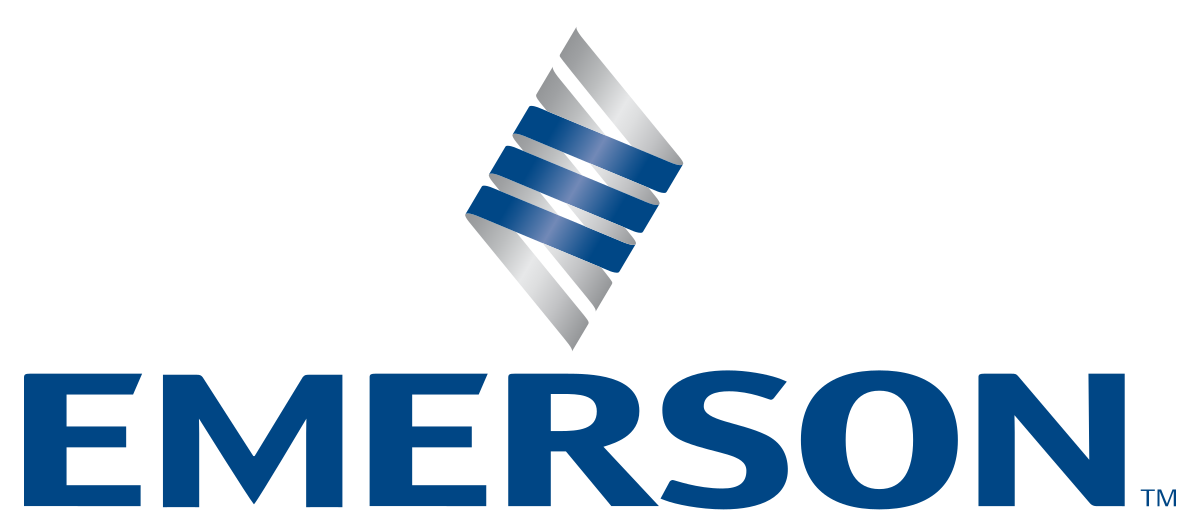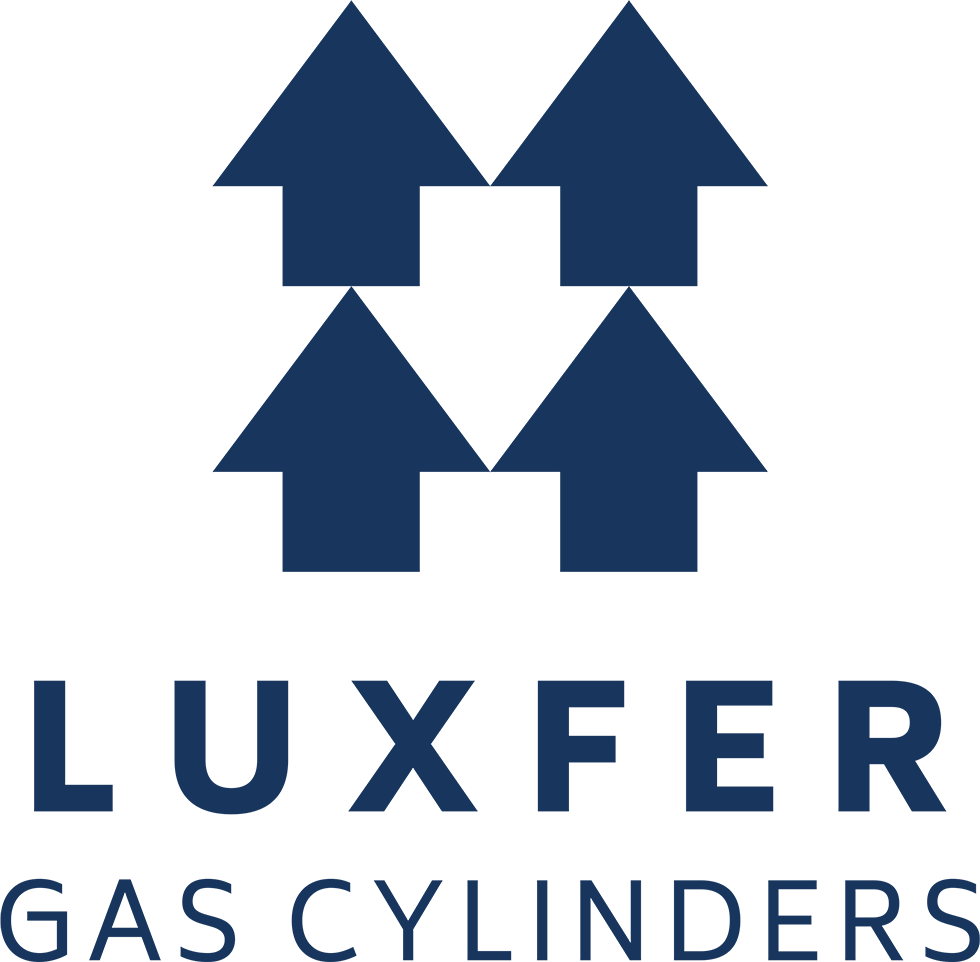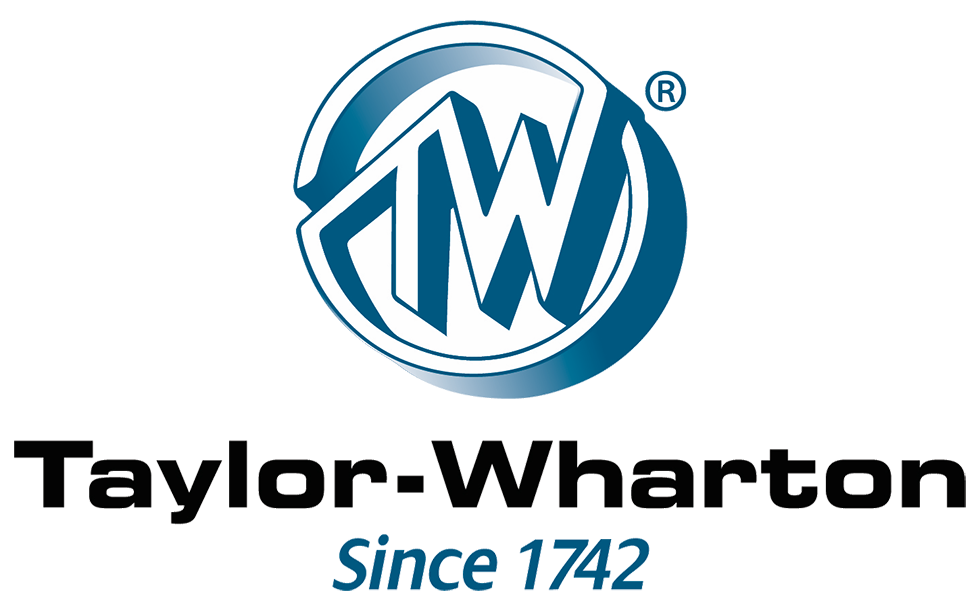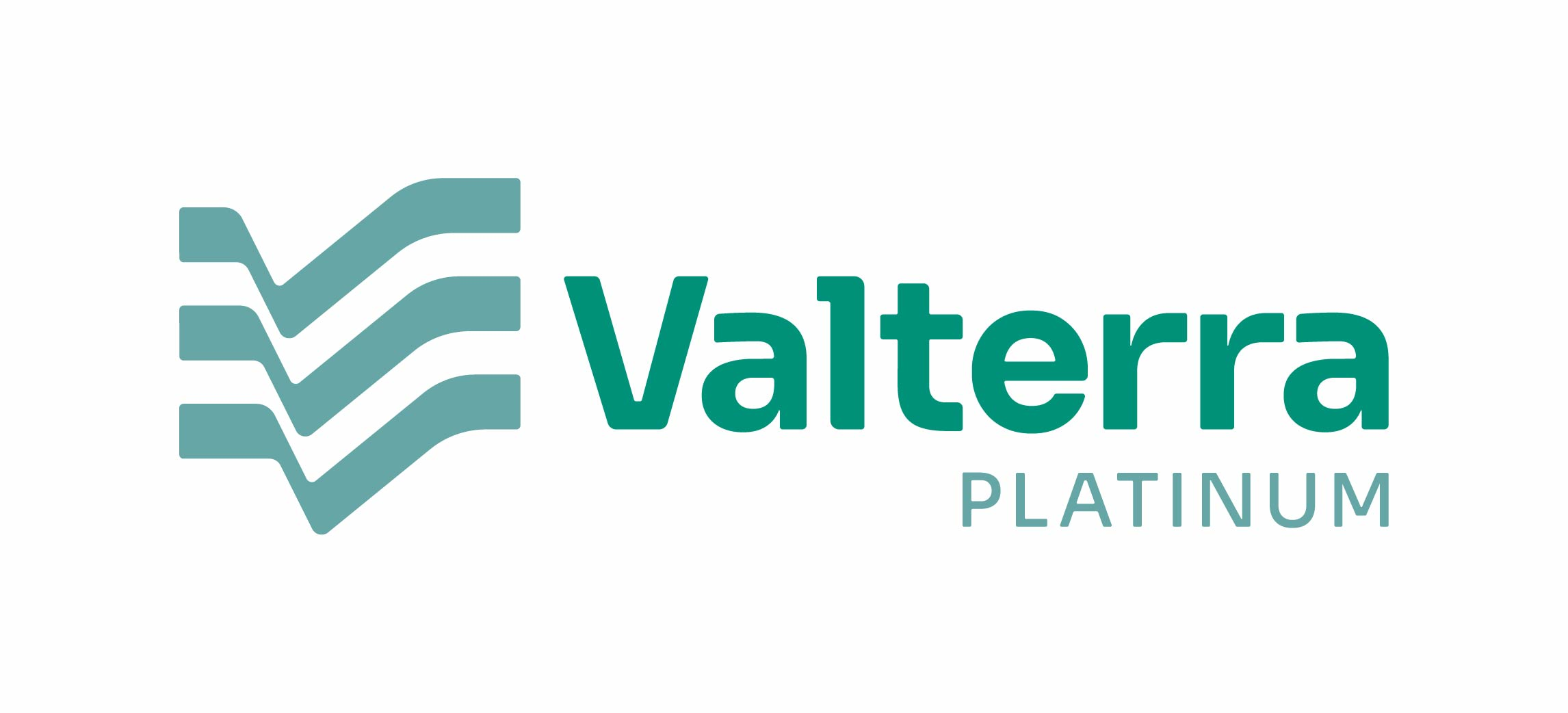Hydrogen Basics
Hydrogen is the most abundant element in the universe. Hydrogen must be extracted from other sources. In its purest form, hydrogen is a colorless and odorless gas.
Hydrogen as Fuel
Hydrogen (when used as a fuel), like electricity, is an energy carrier rather than an energy resource. Both electricity and hydrogen can be produced from all energy resources available. Hydrogen and electricity can be generated from greenhouse gas-neutral sources, addressing climate change and urban air quality problems. As with electricity, hydrogen can also be produced from sustainable domestic, renewable energy, and zero-carbon resources – such as wind, solar, nuclear, and hydropower – which enhances our long-term energy security.
Millions of metric tons of hydrogen are produced annually in the United States. Hydrogen is being increasingly viewed as essential decarbonization options across the United States and around the world for a wide range of sectors, including transportation, goods and people movement, power generation, energy storage, natural gas blending, marine propulsion, aviation, heating, steelmaking, and other industrial applications. The current primary uses for hydrogen today are for petroleum refining, ammonia for fertilizer, chemical, and food industries.

A True Zero Hydrogen Fueling Station in California
Hydrogen Bonds
A growing hydrogen economy supports a vast and expanding network of U.S. companies with existing expertise in energy production and advanced manufacturing, as well as a growing class of energy disrupters.
Codes and Standards Overview
The Fuel Cell and Hydrogen Energy Association (FCHEA) works closely with the U.S. National Laboratories, National Codes and Standards Development Organizations, and the International Standards Development Organizations to offer opportunities for members to comment and provide input on a variety of code changes and keep interested parties informed about developments in hydrogen and fuel cell requirements.
Standards
Codes
Regulations
Hydrogen Safety
Hydrogen systems are as safe, if not safer, than conventional fuel systems, including gasoline and natural gas. Hydrogen is ubiquitous in the universe. On Earth, hydrogen is a molecule consisting of two atoms and has a propensity to bond with other molecules.
















